When I first made the life-altering decision to study abroad in Australia during the spring 2024 semester, my mind instantly began to fill with questions. The uncertainty of the next few months of my life was eating me alive.
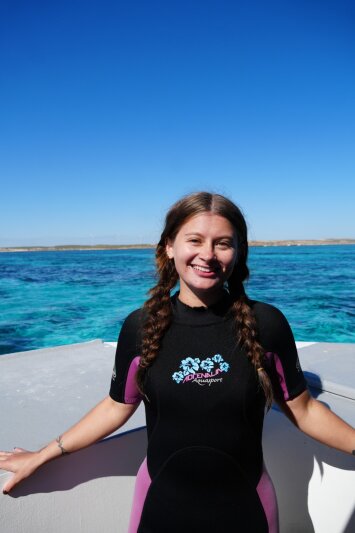
I spoke with as many people as possible that had knowledge on studying abroad. I even became friends with two individuals who had previously lived and studied in Australia, and I absolutely racked their brains with all the information I could conjure up. From talking to people and reading hundreds of blog posts, to watching every YouTube video I could find, I thought I had every question answered.

However, once I lived and studied abroad in Australia for 5 months, I found that there were scenarios I encountered that I could have not anticipated. Concepts that no video or blog post I read mentioned. Now, I would like to spread my knowledge and highlight some things you should consider doing, and not doing, in order for your study abroad experience to be smooth, successful, and tailored to your needs.
Do proper research before you move to your host country.
Proper research could include a multitude of things. Such as what the weather is in that country during the time you will be there, so you know what type of clothing to bring. Research what American credit cards are accepted in your host country. For example, a month before I left for Australia, I realized Australia does not take Discover credit cards (which is the type of card I had). Thus, I had to do research and apply for a credit card that was not only accepted in Australia but also incurred no foreign transaction fees.

Don’t forget to take care of yourself.
Within my first few weeks of moving to Australia, I found myself trying to jam-pack my days with activities to cure my homesickness. I quickly felt burnt out and tired. Give yourself grace and take time for yourself to become acclimated to your host country. It can be easy to get lost in the excitement that is your first few weeks living away from America. However, don’t get clouded in the excitement, and listen to your body if you need to rest.
Do consider language barriers when deciding what country to study abroad in.
Australia was convenient for me because English is their national language. However, I still found it difficult to understand my roommates and professors when they spoke with an Australian accent. If you study in a country that speaks a different language than English, this could present challenges in a classroom setting. I would urge you to make an effort to learn the local language of your host country, if applicable.
Don’t stay connected with home 24 hours a day.
This was incredibly difficult for me to implement. Given that I just live with my mom and my sister, we are a close family. The desire to call them every day and update them was astronomical. However, absence makes the heart grow fonder. You didn’t move across the world to talk to your family every day. Sending photos instead of calling helped me create a disconnect that was necessary for me to become more independent. Being completely present will help make your host country feel like home.

Do set goals for yourself during your time abroad.
Evaluate yourself and what you want to gain out of this experience. Obviously, goals change, and becoming rigid could be detrimental. Evaluate what is important during this pivotal time and put those things first. When I was in Australia, I had goals to solo travel, step out of my comfort zone, and document my journeys via articles. Setting goals helped me utilize my time properly and get the most out of my experience.
Don’t make American-like friends.
This may seem like an unpopular opinion. However, I moved to Australia to meet people that I couldn’t find in America. I told myself I didn’t want to be friends with people that were like me, because what could I learn from them that I couldn’t learn from my friends at home? I purposefully stepped out of my comfort zone. I made friends with people from India, Oman, Malaysia, China, Cambodia, and countless other places. The life-experiences and knowledge I learned from them, because they grew up differently than me, was amazing. I was able to learn more about the world through these friendships.
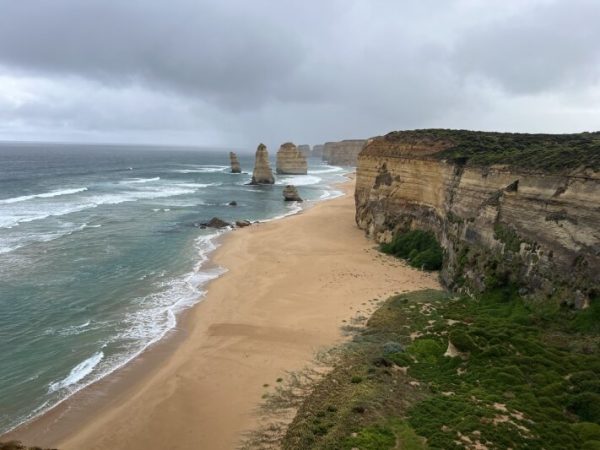
Do become involved in the local culture of your host country.
This could be done in a multitude of ways. From learning bits and pieces of the local language, to purchasing local clothing and Knick knacks. One way I did this was every week one of my roommates would cook a meal from their country for all of us to eat. I had roommates from Australia, Japan, and China. I was able to connect with the cuisine from these countries and learn about their lives back home. I was able to do the same for them.
Do challenge yourself and have fun.
At the end of the day, your study abroad experience is going to go by in the blink of an eye. Some days are going to be extremely difficult, and you will miss your family more than imaginable. Some days you are going to experience the most awe-inspiring things. Take every day with grace, say yes to every opportunity that comes your way, and remember, this experience is once in a lifetime.
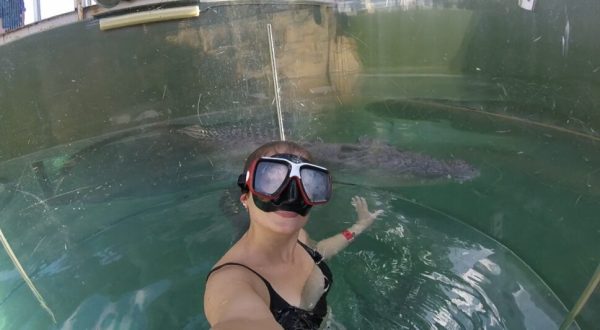
Lastly, don’t compare your study abroad experience with other people. It was difficult for me to make friends during my first week abroad. I found myself watching TikTok’s and YouTube videos of those who studied abroad and had an amazing time. I would compare my experiences to theirs, which only made my first week’s worst. As Theodore Roosevelt once said, comparison is the thief of joy. Become comfortable and happy with your experience, because the only one that can change it is you.




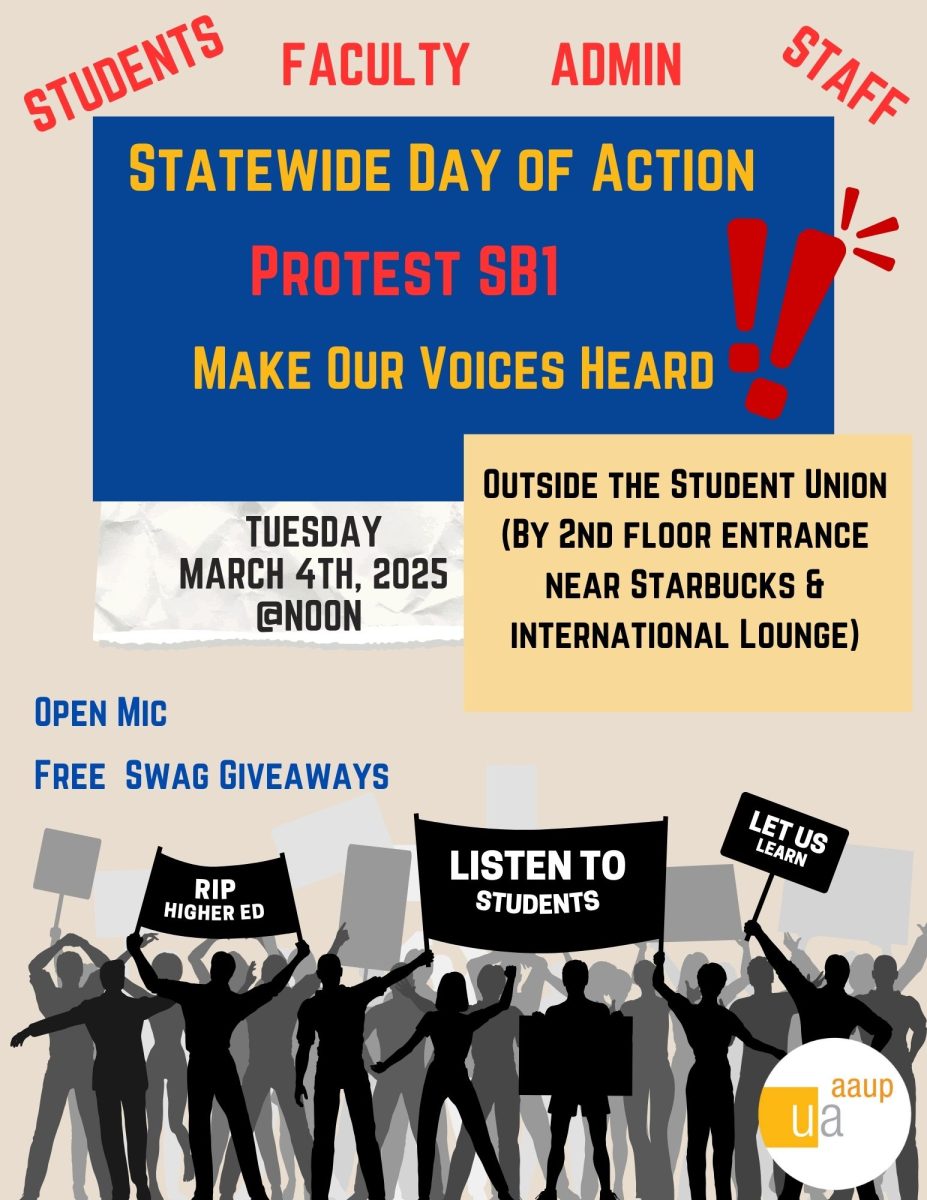
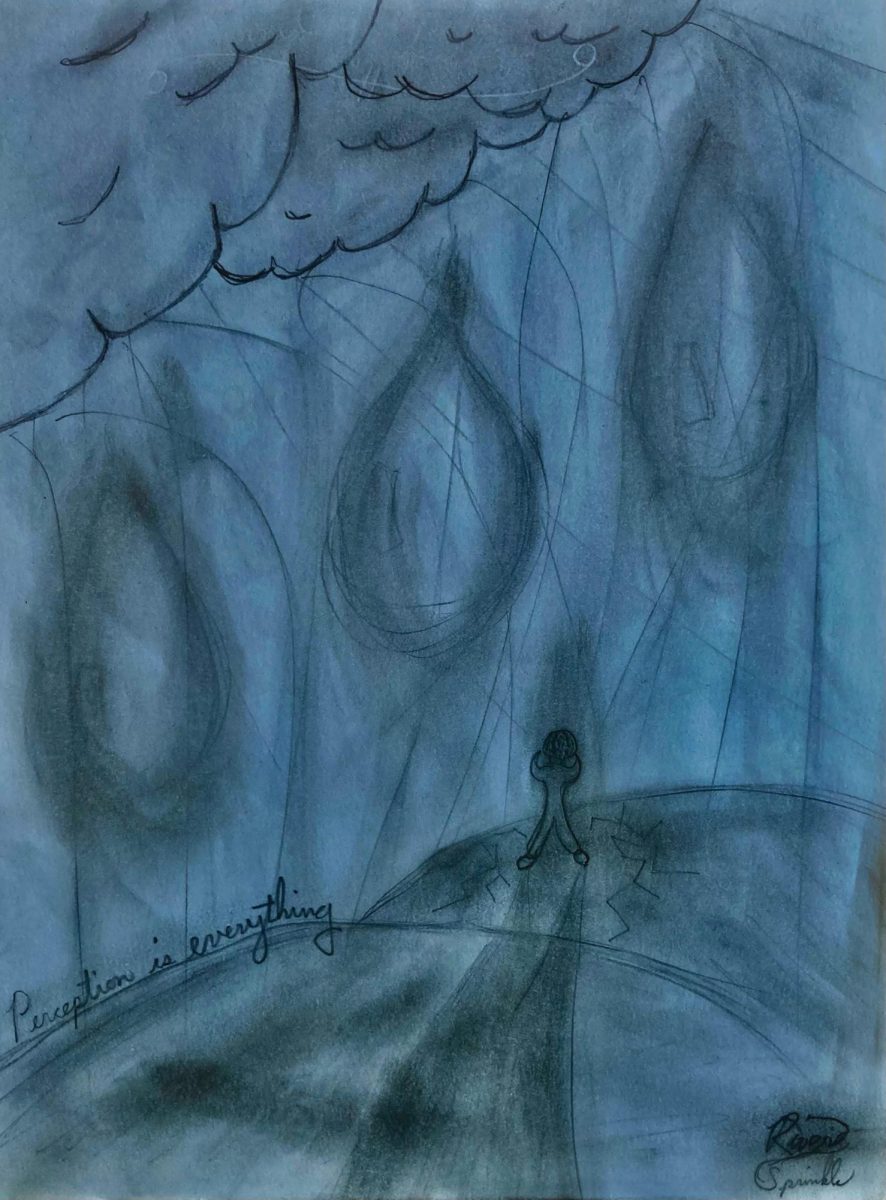

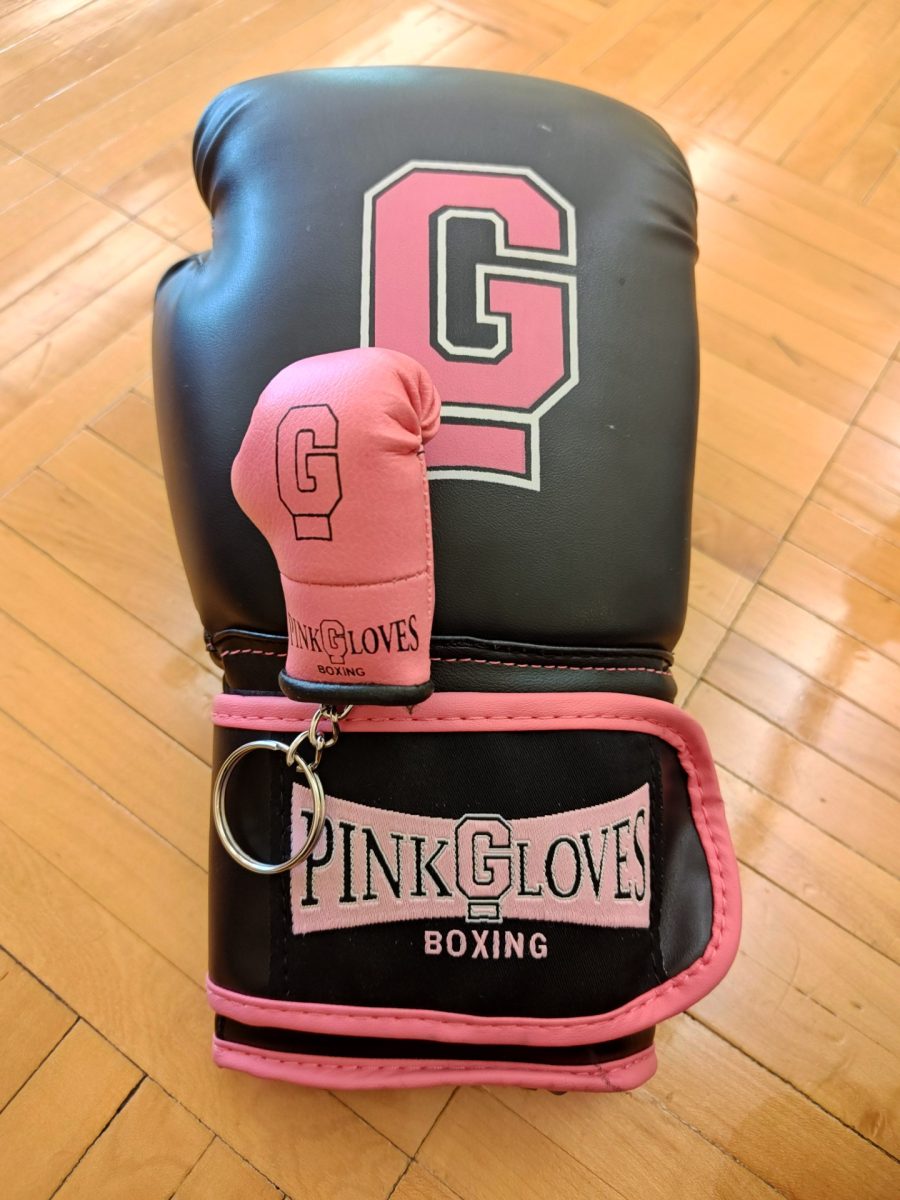





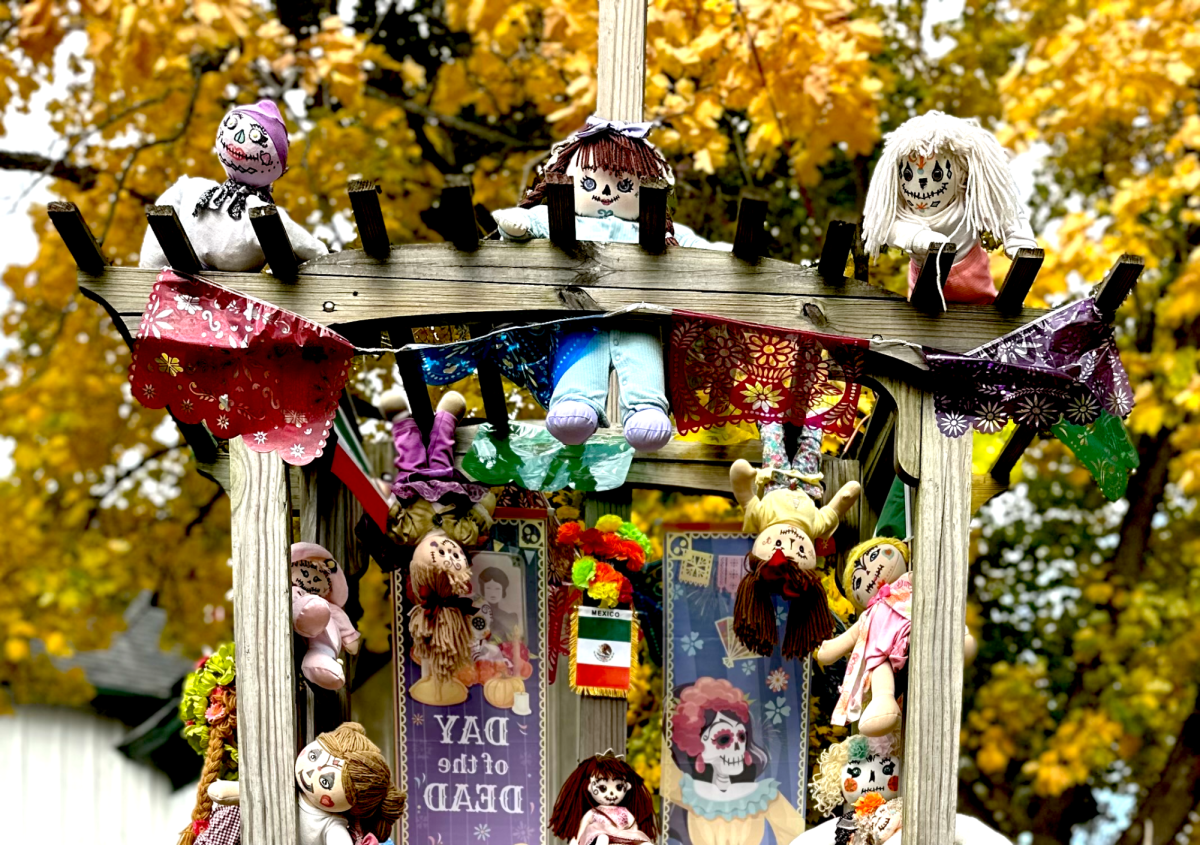

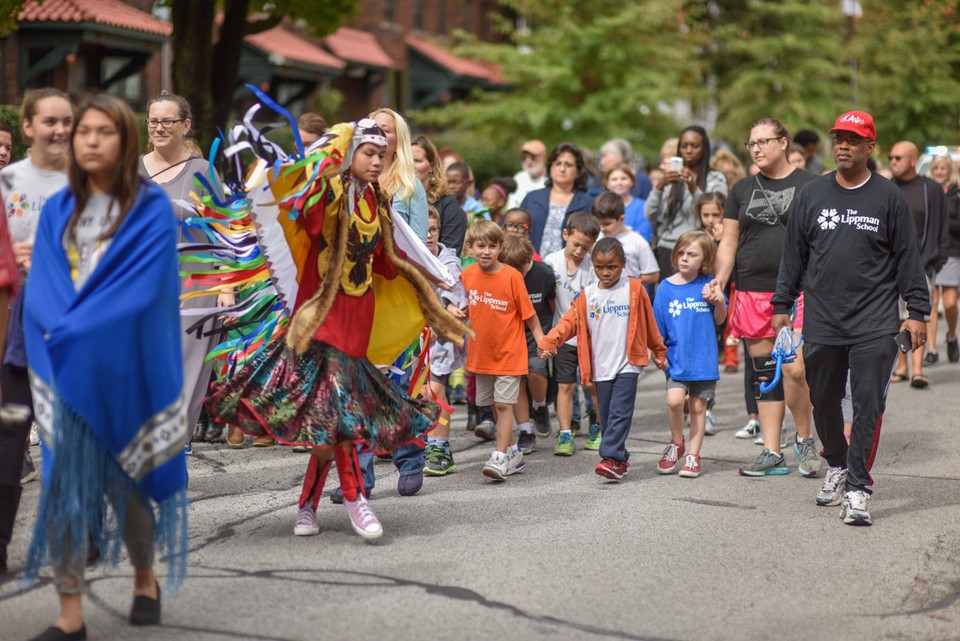
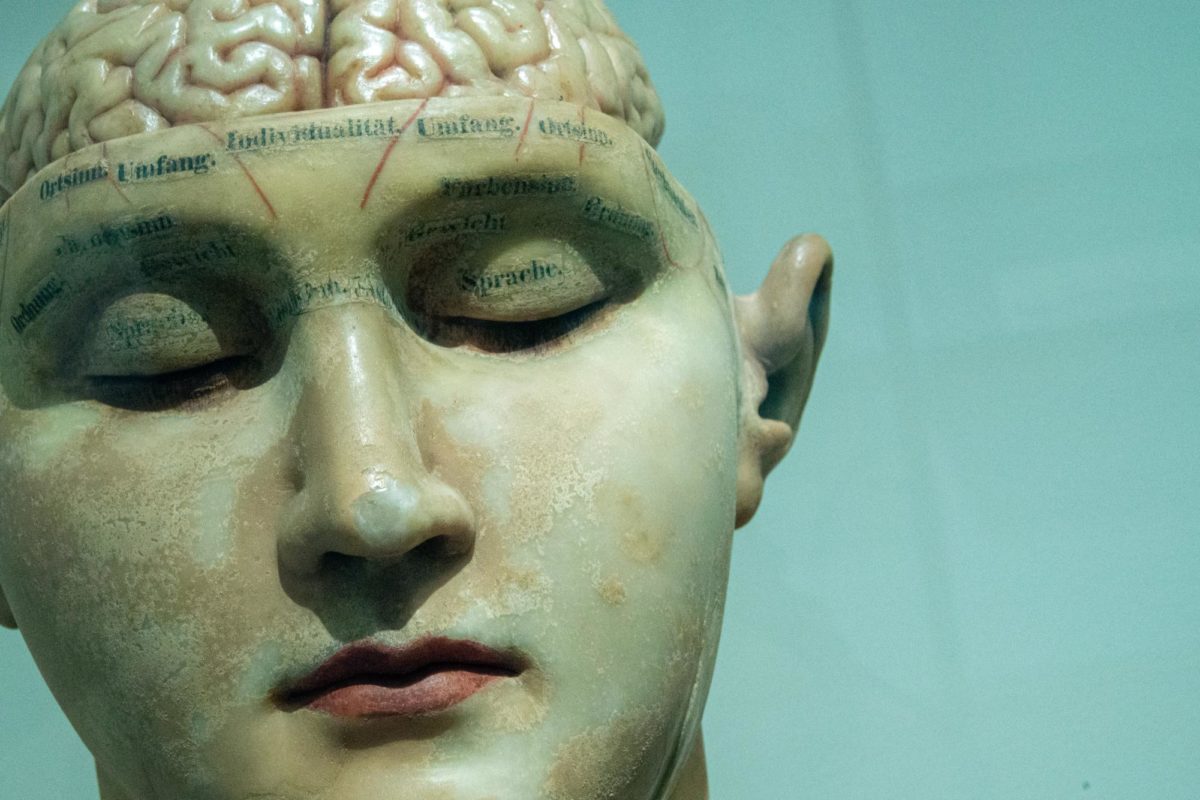

Mark N • Feb 4, 2025 at 3:40 PM
Glad you enjoyed the study abroad. A great learning experience, and a great journey of another chapter of your life.

Travel fever—the best fever to have.
Don’t ever lose it!